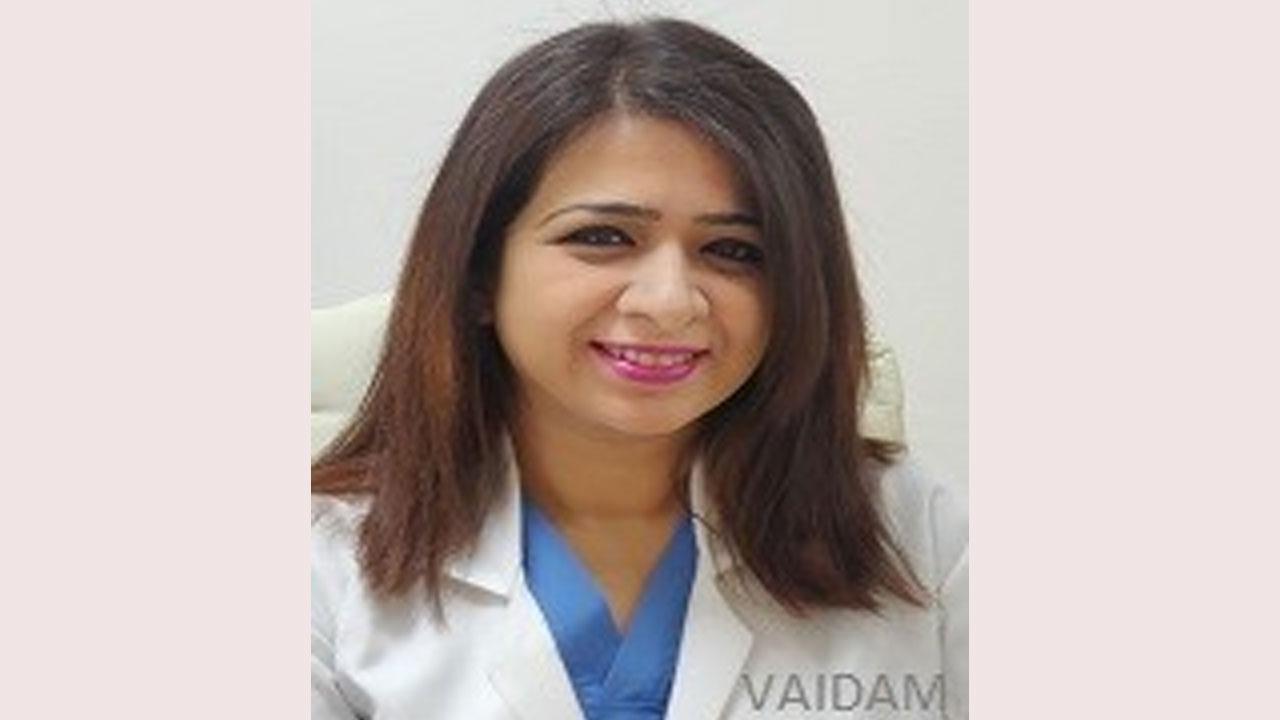India is a country with wide diversity in customs, traditions, quality of living, and accessibility to healthcare systems.

Dr. Sulbha Arora
- What are your thoughts and opinions on the challenges faced by individuals in India dealing with infertility?
ADVERTISEMENT
Although India is the most populous country in the world today, there is still a significant emphasis placed on fertility. There is substantial pressure on young adults to get married and have children. Thus, in addition to a couple’s inherent desire for parenthood, they tend to feel the burden of family and societal expectations too. India is a country with wide diversity in customs, traditions, quality of living, and accessibility to healthcare systems. In some societies, the entire onus of fertility is placed on the woman, even though the problem could also lie with the male partner. Women often feel ostracized and judged. There is a stigma surrounding infertility, thus people are reluctant to open and speak about it. Another challenge is the prohibitive costs involved with IVF. Not everyone in need of it might have access to it or be able to afford it.
- What is the prevalence & potential determinants of primary infertility in India according to you?
Infertility is a serious health issue, affecting approximately 15% of couples worldwide. Out of 60–80 million infertile couples globally, between 15 and 20 million (25%) are in India alone. According to a report by the World Health Organization (WHO), one in every four couples in developing countries faces challenges in conceiving. In addition to the core prevalence of infertility due to pathological conditions, there are additional causes, including preventable conditions such as infections, menstrual hygiene, lifestyle factors, advancing maternal age, delayed marriage, postponement of childbearing, socioeconomic status, and occupational hazards. In urban areas, lifestyle diseases and delayed marriages are the main contributing factors, whereas in rural areas, infections and poor hygiene are more common issues.
- What recent advancements and progress have been made in the field of data preservation within the Indian infertility sector?
According to India’s Assisted Reproductive Technologies (ART) Act of 2021, clinics are required to maintain records of fertility treatments they conduct for a period of ten years.
- Any interesting cases you have handled recently that have inspired other couples?
We have achieved success with many women over the age of 40 using their own eggs, offering hope to others that the miracle of parenthood is still possible with the assistance of assisted conception.
- Any latest innovation you are using in your treatment?
We employ several cutting-edge and advanced techniques to maximize a couple’s chances of conceiving while minimizing their risks. One such technique is embryo biopsy and PGT-A, allowing for the screening of embryos for chromosomal abnormalities before transfer.
- What advice or tips would you offer to couples navigating the process of in vitro fertilization (IVF)?
Don't fear the process. In most cases, it's free of complications, pain, or bed rest. Embrace a healthy lifestyle, support your partner, and prioritize your happiness. Caring for your well-being during IVF enhances your chances
 Subscribe today by clicking the link and stay updated with the latest news!" Click here!
Subscribe today by clicking the link and stay updated with the latest news!" Click here!







